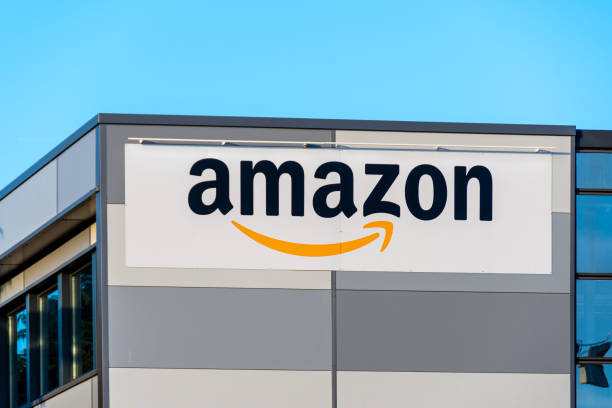With technological advances creating the new landscape of E-Commerce, it has created new opportunities towards growth and fortune. Very much like traditional selling, advertisements also become effective tools for many E-commerce businesses to promote their products, services, and brand. From such needs, new ways to advertise have emerged born from the developments of technology. To know which is best for your online business, here is a breakdown of the various types of E-commerce advertising that can help you grow and reach new costumers.
What are E-commerce Ads?

The promotion of your e-commerce website and items through digital technologies and paid internet channels is known as e-commerce digital advertising.
Online businesses can build data-driven campaigns using e-commerce digital advertising to increase their reach and persuade visitors to become paying customers.
E-commerce digital advertising is crucial for businesses seeking success in the digital realm. By leveraging digital technologies and paid internet channels, businesses can promote their websites and products to a wider audience, ultimately driving conversions and revenue.
These data-driven campaigns enable businesses to target specific demographics, behaviors, and preferences, maximizing the effectiveness of their advertising efforts. With the multitude of benefits offered by e-commerce advertising, including increased visibility, targeted advertising, and improved customer engagement, businesses can establish a strong online presence and compete effectively in the ever-evolving digital landscape.
Types of E-commerce Ads
Search Engine

Because more than 70% of customers look for businesses online before deciding to buy, search engines may greatly increase your lead generation and revenue.
Thankfully, pay-per-click (PPC) advertisements, often known as search advertising, allow online businesses to efficiently advertise their e-commerce website on search engines like Google.
Online sellers can also bid on particular terms and phrases that members of their target audience use when searching online with sponsored search ads. Every time a person searches for those terms and phrases, ads will show up at the top of the results page thanks to an ideal bidding strategy, a high Quality Score, and an Ad Rank.
Display Ads

Display ads are a dynamic form of digital advertising that incorporate visual elements like images, videos, infographics, banners, and buttons. They are versatile, appearing across websites, apps, and social media platforms.
With 90% of users indicating that videos influence their purchasing decisions, display ads offer businesses a compelling way to engage audiences and drive sales.
Their visual appeal enhances brand visibility and encourages potential customers to take action, making them a valuable asset for any ecommerce website.
Social Media Ads

Perhaps one of the most effective e-commerce types, Social media ads allows online businesses to promoter their products, services, and website on social media platforms.
With Social media ads, online businesses are able to advertise their products in various platforms such as:
With social media ads, online sellers may use text, image, and video ads on social media to reach a wider audience and promote their brand. Additionally, online sellers can benefit from the reach that grants the sellers.
Influencers

Similar to major brands partnering with big name celebrities, online businesses can also partner with influencers is a good way to boost brand awareness and expand reach. That’s because 92% of consumers trust recommendations from influencers over promotions from a brand.
Influencers are social media users who have a large following. When partnering with influencers to advertise their products, services, and ecommerce website, sellers can get their brand in front of more consumers by promoting it to the influencer’s audience.
As such it is important to choose influencers that have a similar niche, so if a business is selling tech products they must also partner with tech influencers as they allow you to reach a larger and wider target audience which results in increased conversions and sales for your business.
Conclusion
Overall, to succeed in the ever changing landscape that is the E-commerce market, it has become a necessity for online businesses to adopt E-commerce advertisements.
With E-commerce ads, Businesses can increase their reach, interact with particular groups, and increase conversions by implementing targeted techniques including search engine, display, social media, and influencer advertising. Businesses may optimize their internet presence and effectively compete in a competitive market with the help of these data-driven initiatives.
In the dynamic realm of e-commerce, companies can boost client interaction, improve brand visibility, and ultimately succeed in the long run by utilizing digital technology and sponsored internet channels.












